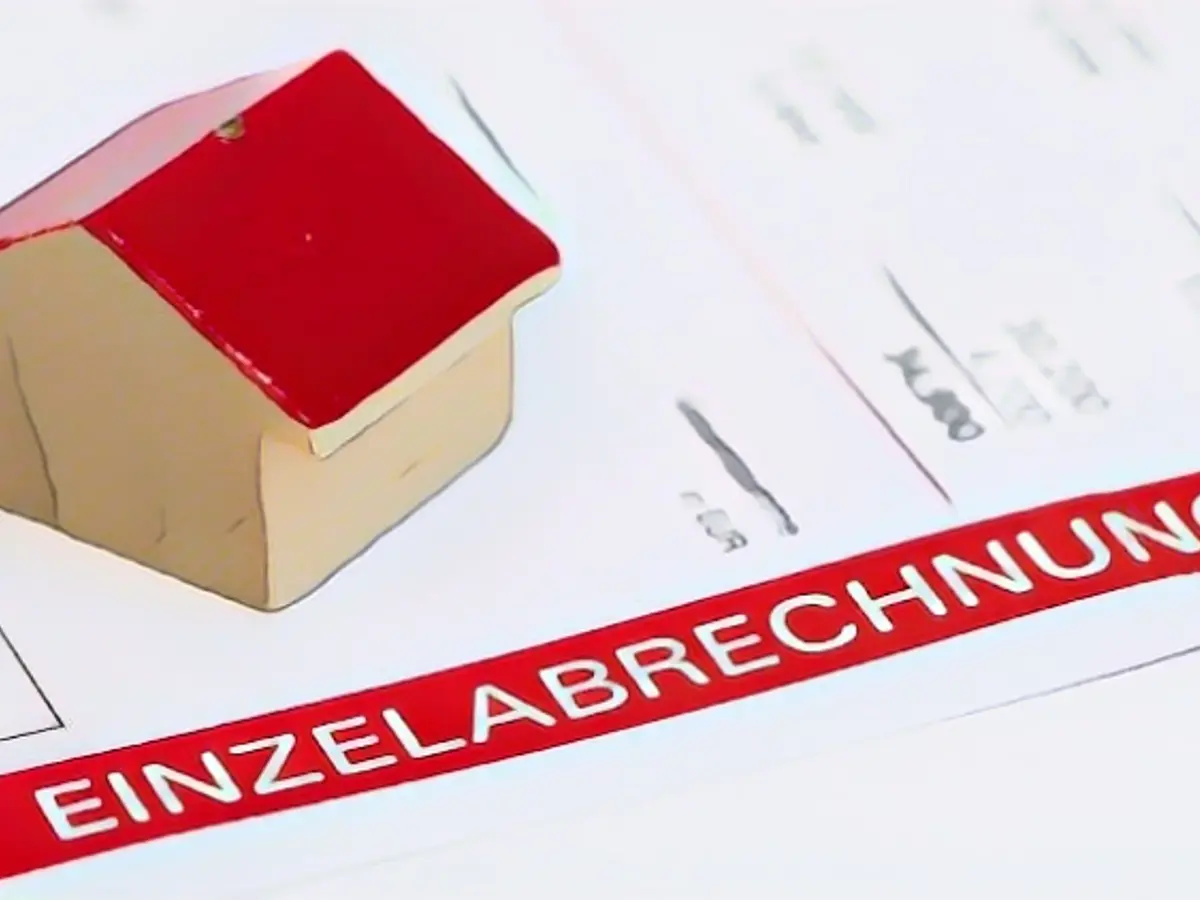Operating costs: tax savings also apply retrospectively
Many items, little clarity: Anyone dealing with the service charge bill can sometimes get desperate. We clarify which costs can be deducted from tax, when and how.
At the end of the year, many tenants receive their utility bills for the previous year. No wonder, after all, in most cases there is only time until December 31. And even if the document may seem confusing at first glance, you should take the time to go through it. After all, there could be errors lurking in some places, and some items are relevant for the tax return.
Anyone who says "Tax return? The one for 2022 has already been submitted", you should know that the tax savings can still be claimed at a later date. This is because it is usually the case that the operating cost statement is not received until late in the following year, but the deadline for submitting the tax return has already passed by then.
For this reason, the tax offices generally accept that the tax reduction is only applied for in the year in which the tenant receives the service charge statement, according to Jana Bauer from the Bundesverband Lohnsteuerhilfevereine.
Costs deductible on a pro rata basis
All ancillary costs incurred for manual work or household-related services are deductible. According to Jana Bauer, these can include the following items:
Cleaning costs for the stairwell or hallways
- Costs for snow and clearing services
- Costs for garden maintenance
- Chimney sweep fees
- Costs for maintenance work - for example on the elevator or heating
- Costs for janitor services
- Costs for the replacement of heating meters
- Costs for pest control
If these or similar expenses are listed in your service charge statement, you can claim your share of the costs on your tax return. The costs for 2022 can also be claimed on your tax return for 2023. To do this, you must enter the relevant items in the "Household-related expenses" annex with reference to the corresponding utility bill.
You no longer need to submit the operating cost statement itself. However, you should keep it to hand in case the tax office requests supporting documents at a later date. According to Jana Bauer, the statement is sufficient proof. Tenants do not have to request original invoices from their landlord for this purpose.
Late additional claims expire
Good to know: After the end of the billing period, landlords have twelve months to prepare the statement of operating costs. The billing period is often the calendar year from January to December. In these cases, December 31 of the following year is the deadline for the previous year's service charge statement.
If landlords do not take stock on time, they can only demand any additional payments from the tenants if they are not responsible for the delay - for example, due to a delayed municipal decision. However, they must still reimburse tenants for any overpayments.
Read also:
- Despite submitting the tax return for 2022, tenants may still be able to claim tax savings for operating costs from previous years, as these often arrive late in the following year.
- According to Jana Bauer from the Bundesverband Lohnsteuerhilfevereine, costs related to manual work or household services, such as cleaning, snow and clearing services, garden maintenance, chimney sweep fees, maintenance work, janitor services, replacement of heating meters, and pest control, can be deducted from tax on a pro rata basis.
- Landlords have twelve months to prepare the statement of operating costs, but if they miss the deadline, they can only demand additional payments if they are not responsible for the delay and must still reimburse tenants for any overpayments.
- Tenants should keep their service charge statements on hand, as they serve as sufficient proof for the tax office and are required if original invoices are requested later.
- In cases of legal disputes between tenants and landlords regarding operating costs or deductions, the German Tenants' Association can provide advice and representation.
Source: www.ntv.de







